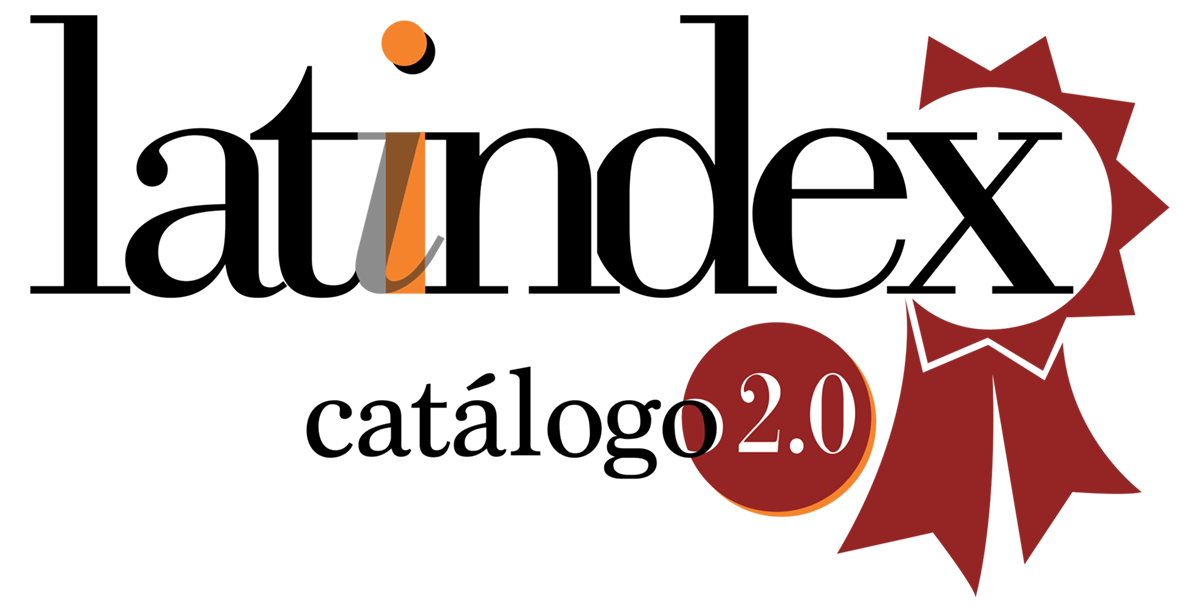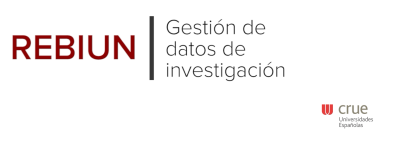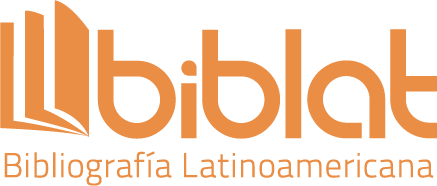Ethics and Law: The Intersection of Utilitarianism and Animal Interests
DOI:
https://doi.org/10.62407/rces.v4i4.117Keywords:
Animal law, ethics, utilitarianism, animal welfare, moral philosophyAbstract
This article aims to analyze how ethics, from the perspective of utilitarianism, has raised the question of animal welfare, the human-animal relationship and the moral reflections around it, as well as how it is understood. as a moral commitment and its impact on the law. From this starting point, it begins by talking about ethical debates and subsequently makes an analysis of utilitarianism and ethics from the point of view of three authors: Jeremy Bentham, John Stuart Mill, and Peter Singer thus, finally, we focus on Singer's work in relation to practical ethics and positions regarding human-animal – non-human animal treatment, deducing from it a particular vision that is predominant in current Colombian law. It is also proposed to criticize the utilitarian theory, which however has been the starting point of modern legislation in its commitment to recognize some rights of non-human animals. Due to this position, we currently have concepts such as animal welfare and sentience that were incorporated into the Colombian legal system through the Constitutional Court's decisions and by the legislator's provision in Law 1774 of 2016. The methodology is qualitative using the descriptive method. and hermeneutic, since it makes a general assessment of the main themes, while proposing new reading formulas from an ethical and legal perspective that contribute to solutions in understanding human-animal relationships. Finally, it is important to clarify that, although in practice the human is an animal, the meaning used in this writing will be human to refer to the human animal and animal to refer to the non-human animal.
Downloads
References
Arendt, H. (2005). La condición humana. Editorial Paidós.
Aristóteles. (2010). Ética Nicomaquea. Edigrama.
Bentham, J. (2008). Los principios de la moral y la legislación. Claridad.
Betancur Jiménez, G. E. (2016). La ética y la moral: paradojas del ser humano. Revista CES Psicología, 9(1), 109–121.
Cortina, A. (2020). Ética Mínima (18a edición). Editorial Tecnos.
Derrida, J. (2008). El animal que luego estoy si(gui)endo. Editorial Trotta.
Francione, G. (2008). Animal as persons. Essays of the abolition of animal exploitation. Columbia University Press.
Francione, G., & Charlton, A. (2015). Derechos de los animales: el enfoque abolicionista. Exempla Press.
Hume, D. (2020). Investigación sobre los principios de la moral (Alianza ed).
Kant, M. (2016). Fundamentación de la metafísica de las costumbres. Editorial Porrúa.
Mill, J. S. (2014a). El utilitarismo (3rd ed.). Alianza editorial.
Mill, J. S. (2014b). Sobre la libertad (AKAL Básica de bolsillo (ed.)).
Nussbaum, M. (2016). Las fronteras de la justicia. Consideraciones sobre la exclusión. Paidós. Estado y democracia.
Regan, T. (2016). En defensa de los derechos de los animales. Fondo de Cultura Económica.
Salt, H. (2018). La lógica del vegetarianismo. Ediciones Amaniel.
Sandel, M. (2011). Justicia ¿hacemos lo que debemos? Penguin Random House Grupo Editorial.
Singer, P. (2017). Vivir éticamente: cómo el altruismo eficaz nos hace mejores personas. Paidós.
Singer, P. (2018). Liberación animal. Taurus.
Singer, P. (2021). Ética Práctica. Akal.
Smith, A. (2013). La teoría de los sentimientos morales (3rd ed.). Alianza editorial.
Downloads
Published
How to Cite
Issue
Section
License

This work is licensed under a Creative Commons Attribution-NonCommercial-ShareAlike 4.0 International License.



















